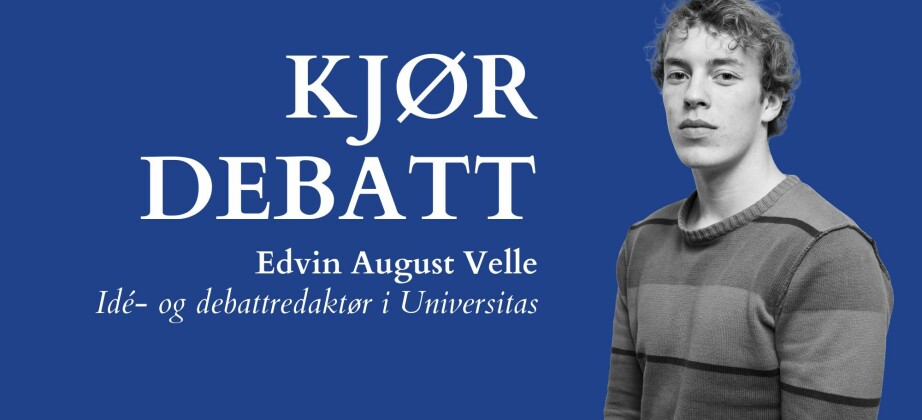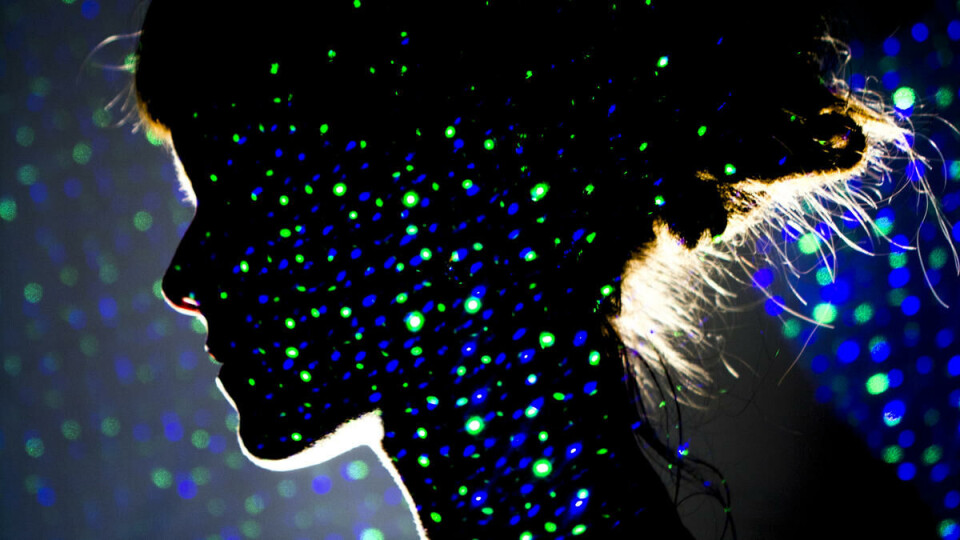
LSD comes to universities: «It's an everyday mood lifter»
Some students say the very best days follow a tiny dose of LSD for breakfast.
Mom thinks you go crazy if you try LSD. I myself see it more like a «mood lifter» during the day.
Using LSD is illegal because it is a drug, and if you get caught you can have trouble entering the United States, among other things.
«I get more motivated and curious on the days I micro-dose myself with LSD,» says Mia, a 22-year-old nursing student at the University College in Oslo and Akershus.
Many people associate LSD with 70's hippie sects, but in recent years an «acid trend» has taken the world's technology metropolis Silicon Valley by storm: micro-dosing with LSD. Now the trend has reached Norway.
Micro-dosing with psychedelics, such as LSD and «liberty cap» (Shrooms), means consuming anything from one-tenth to one-fifth of normal dosage. Users only get a subtle effect, different from taking a regular dose.
«I want to achieve a more rewarding everyday life and to better interact with other people,» says Mia, who admits she is a little scared of getting caught.
Since micro-dosing is illegal, she could lose her nurse license.
«I still take the risk, because of the positive impact LSD has had on my life,» she said.
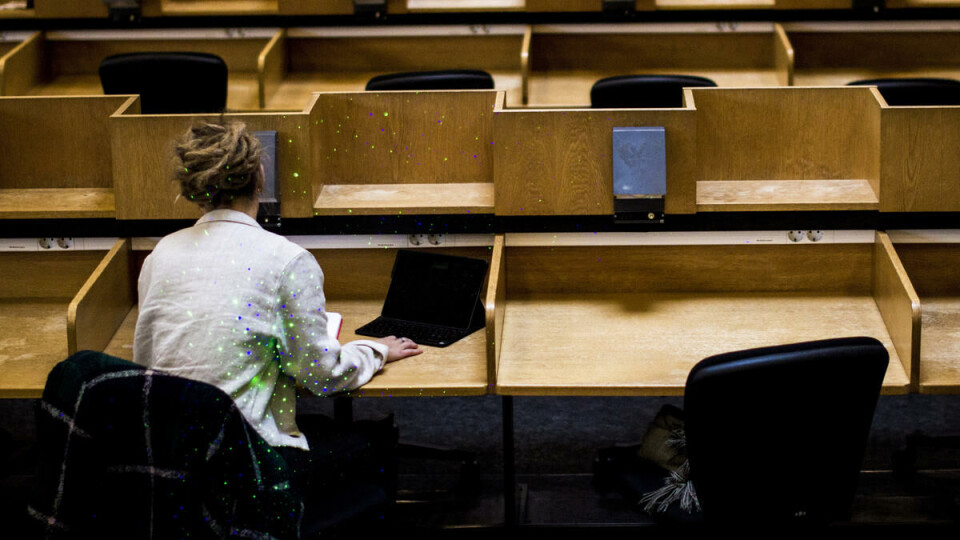
An elite drug?
However, micro-dosing with LSD is not a new phenomenon. Scientist Albert Hoffmann discovered LSD in 1938. He claimed early on that the drug could have potential as medicine against, among other things, ADHD. He himself micro-dosed for much of his life – until he died at the age of 102.
Anna Høifødt (28) is a social anthropology student at the University of Oslo, and is currently writing a masters thesis on psychedelics.
She says micro-dosing is still a relatively new phenomenon in Norway, but it has grown in recent years.
«Our generation probably has fewer taboos linked to the usage of psychedelics,» says Høifødt.
She thinks it is more prevalent among students when used as a concentration-enhancing agent. She does not want to call it an «elite drug,» but claims many users are highly educated.
«Most of those who micro-dose are literate and know what they are doing,» she said.
Høifødt herself thinks the phenomenon has a clear connection with today's focus on self-development and self-realization.
«Many are micro-dosing with an intention of immersing themselves in their own minds and learning something about themselves,» she said. «When you're taking such small doses of LSD you avoid hallucinations, and only notice subtle effects. Many do it to meditate, or just be more present in everyday life.»
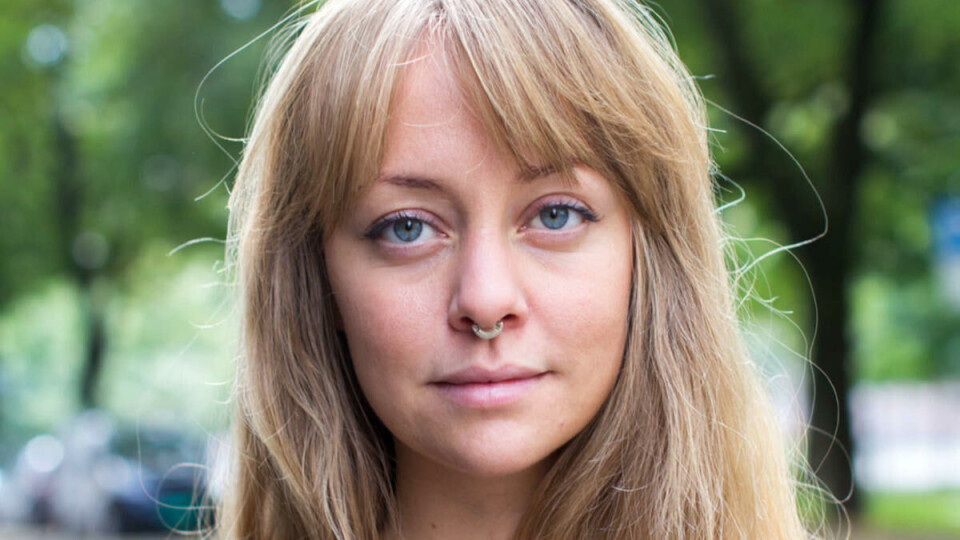
LSD for increased concentration
Physics student «Kenneth», at the University of Oslo, is one of those who uses a small dose of LSD for an easier day of studying.
«In lectures, I see context faster and understand things better when I micro-dose, said the 24-year-old.
He began to micro-dose two years ago, after reading an article about the phenomenon.
«Things I usually find awkward don’t feel so awkward anymore. It becomes so much easier to be around people,» he said.
But these effects can quickly be reversed if one exceeds one-fifth of the normal dose, he says.
«Then you quickly become introverted and uncomfortable in large crowds,» he said.
Kenneth, who has ADHD, believes micro-dosing can have potential as medicine, especially for those who do not benefit from today's ADHD medicines, which can come with major side effects.
Although this is not a common diet for students, Kenneth is not worried about health.
«I have not read anywhere that LSD is particularly dangerous,» he said confidently, drawing an imaginary line in the air, placing LSD at one end and alcohol and tobacco in the other.
«In addition, we're talking very small doses,» he said.
Consequence of prohibition
One who has strong opinions about psychedelics in Norway is Pål Ørjan Johansen, psychologist and researcher at the EmmaSofia clinic. EmmaSofia is a political organization working for consumer protection and the rights of people using MDMA and psychedelics.
Johansen thinks there is very little risk linked to using psychedelics, but emphasizes that those who consider it must be well-informed about both effects and risks. He specifically targets the current ban on drugs.
«You can accidentally consume too much or experience harassment by the police,» he said.
However, Johansen believes the biggest risk is to get a substance other than psychedelics. He calls that a consequence of prohibition.
«Today's prohibition disregard public health measures we know work, like quality control, age limits and relevant health information,» he said.
Johansen himself mentioned students who choose to micro-dose themselves with psychedelics.
«Extensive anecdotal data shows that micro-dosing can promote creativity, the ability to problem solve, flow and presence. Many people experience increased openness for culture, art and nature,» he said.
Universities along the US coasts have continued studying psychedelics. James Fadiman, Professor of Psychology at Stanford University, has designed a self-reported study with over 1,000 participants, among them several students. Many report positive experiences. And in England a fund to launch the first scientific study on the connection between micro-dosing and creativity is in the making.
On the wrong side of the law
Steinar Madsen, from the Norwegian Medicines Agency is more skeptical. He would like to see more research on possible positive effects on mental disorders, but stresses the research focus should be medical – not a desire for help with academics.
«There is little research on this today, and the ones that exist are inadequate. Strict regulations from the authorities, due to ancient myths that LSD is more harmful than what we know today, has been a reason for this,» he said.
Madsen believes it is important students stay on the right side of the law.
«Using LSD is illegal because it is a drug, and if you get caught you can have trouble entering the United States, among other things,» he said.
Norwegian drug statistics for the first half of 2017 show LSD still constitutes a small proportion of drug addictions, but increased confiscation of the drug show its popularity is increasing.
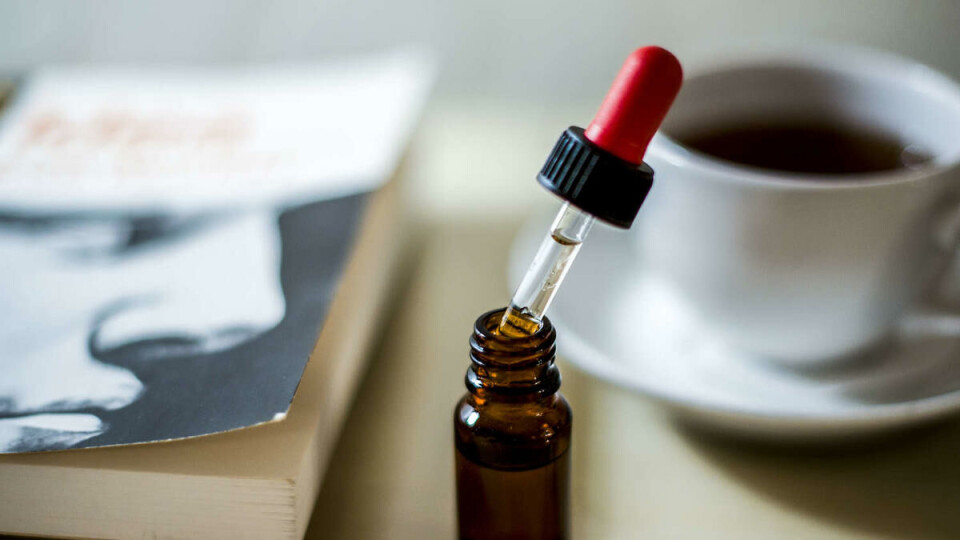
«I Love the extra energy»
«Per» (30) studies engineering at Oslo University College, and has previously had difficulties concentrating at school. When a friend told him about micro-dosing, he decided to try. Now he usually doses himself with LSD twice a week.
«The days are perfect. Everything goes smoothly,» he said.
With an active life filled with board meetings, studies and a lot of strength training, he loves the extra energy.
«Micro dosing allows me to wake up and be more present in my daily life. I see things from a new perspective and become more creative. In addition, it helps me spend less time on social media,» Per said.
He believes people's attitudes are changing. At the same time, he says there are still prejudices attached to the drug.
«Mom thinks you go crazy if you try LSD. I see it more like a «mood lifter» in the study day,» he explained.
«Everyone wants to perform»
Masters student Høifødt think media coverage and «hype» help create normalization around micro-dosing. She also believes taking small doses lowers the threshold for many.
«In addition, you have people like Steve Jobs who give a bit of credit for their success to psychedelics,» she said. «Everyone wants to perform and get the «new great idea».»
She believes psychologically, if not physiologically, addiction is possible.
«I believe one can get addicted to new experiences and everlasting «self-development.» Everyday life may not be that tempting anymore.»



























